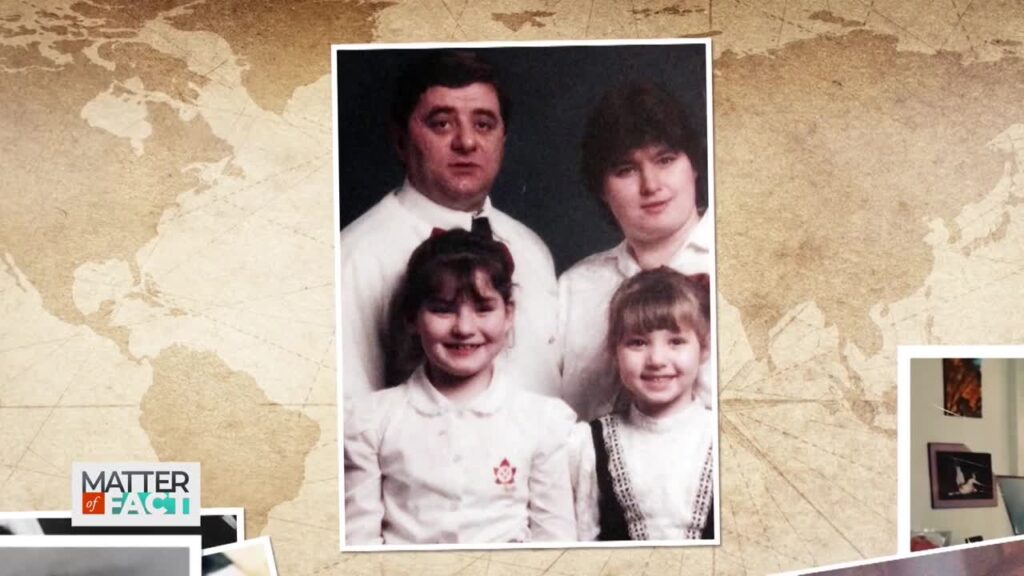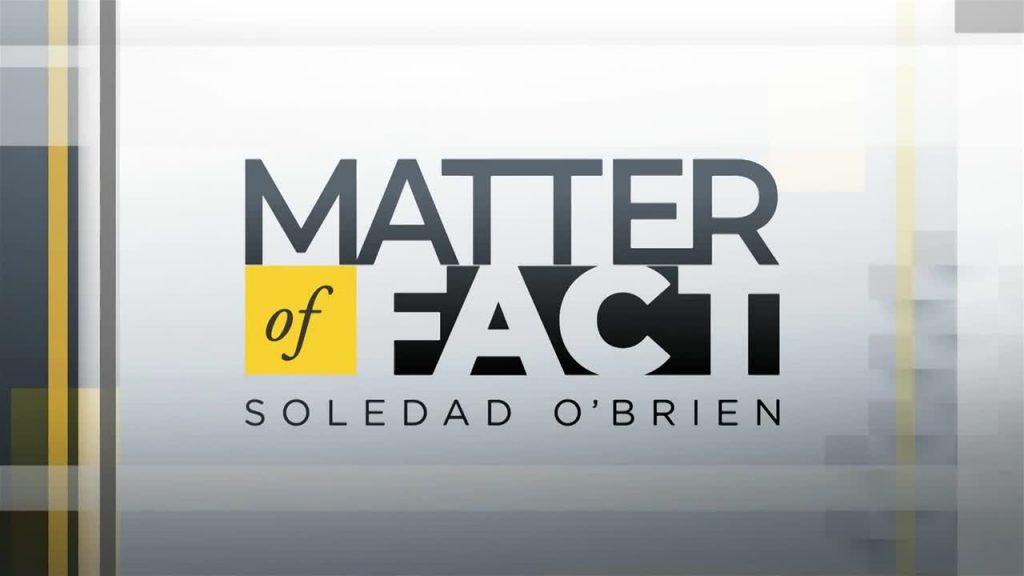As the Republican Party prepares to reset the nation’s political agenda, Democrats are seeking new governing strategies under a revamped GOP mandate. While post-election analysis points to several Party missteps among key voting blocs, the Democratic Party itself has opted to stay the course with the current leadership in the House. Minority Leader Nancy Pelosi (D-CA), Minority Whip Steny Hoyer (D-MO) and Assistant Democratic Leader Jim Clyburn (D-SC) were re-elected to the top leadership positions, despite calls for change from within the party.
Democratic Congressman Don Beyer (D-VA) was re-elected to only his second term in November. As a junior member of the party, Beyer sits down with Soledad to discuss next steps and how to win back the Rust Belt voters.

Correspondent Conversation: Joie Chen on Challenges for Stateless Immigrants in the U.S.
October 8, 2023Correspondent Conversation: Joie Chen on Challenges for Stateless Immigrants in the U.S.
October 8, 2023

Stateless People Push for Immigration Protection
October 8, 2023Stateless People Push for Immigration Protection
October 8, 2023

Cherokee Nation Makes Renewed Effort to Finally Seat Representative – Two Centuries After Treaty
December 11, 2022Cherokee Nation Makes Renewed Effort to Finally Seat Representative – Two Centuries After Treaty
December 11, 2022

What’s Next on the Path for President’s Infrastructure Proposal
October 17, 2021What’s Next on the Path for President’s Infrastructure Proposal
October 17, 2021

Fighting Discrimination Against LGBTQ People of Color
June 27, 2021Fighting Discrimination Against LGBTQ People of Color
June 27, 2021

The Cost of Economic Recovery: What Happens If Jobless Benefits Expire
July 12, 2020The Cost of Economic Recovery: What Happens If Jobless Benefits Expire
July 12, 2020

House Republicans Are Choosing not Run for Reelection. Can They Take Back the House?
November 16, 2019House Republicans Are Choosing not Run for Reelection. Can They Take Back the House?
November 16, 2019

November 9, 2019
November 16, 2019November 9, 2019
November 16, 2019